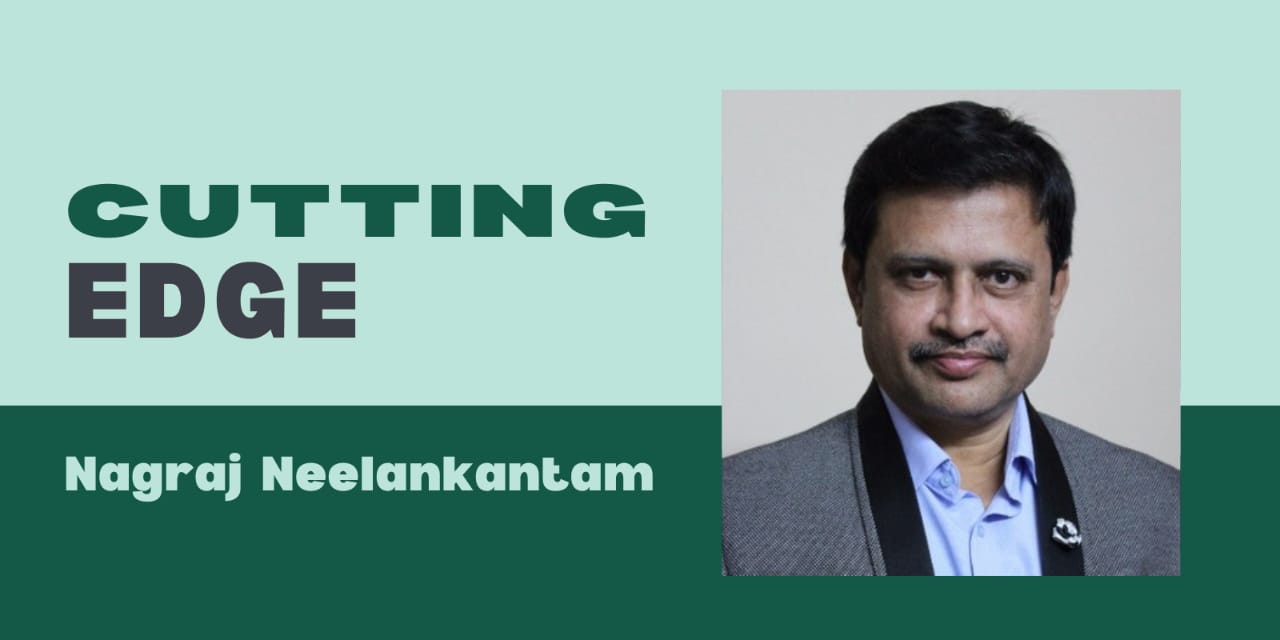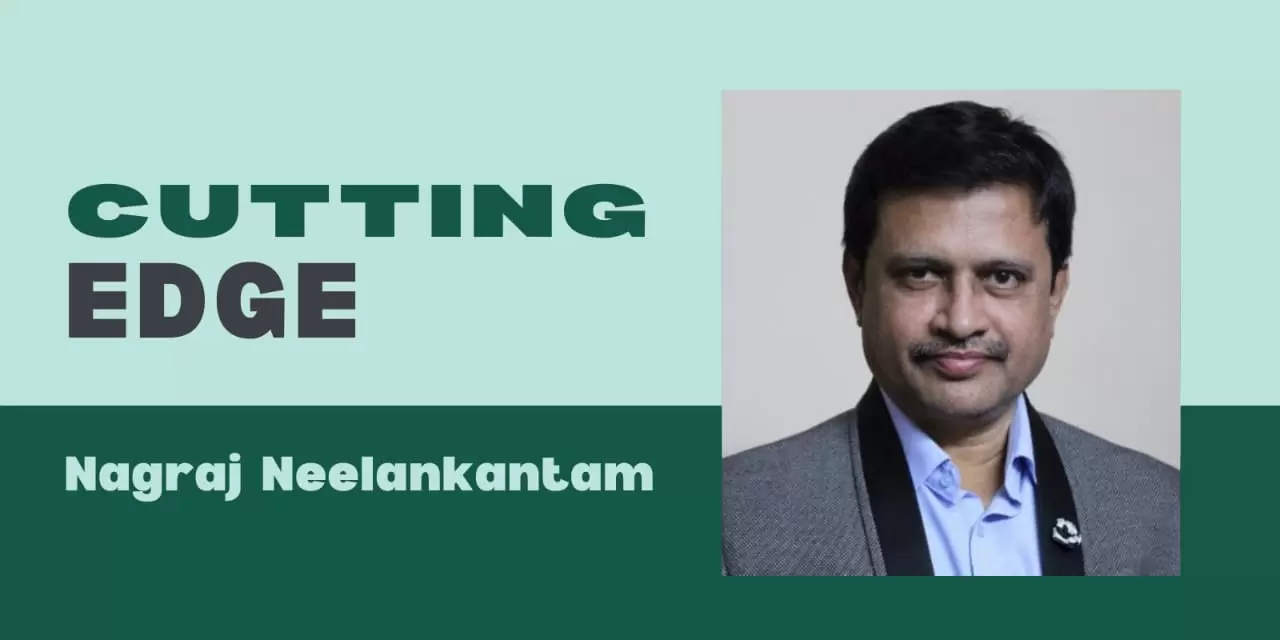In the theatre of Indian politics, where populism often masquerades as leadership, Yogi Adityanath stands apart for his conviction and control. His latest manoeuvre—described as “removing four thorns with a single shot”—has sparked quiet ripples across the political landscape. Yet what’s most remarkable is not the act itself, but the silence that followed. No protests. No outrage. No political grandstanding. In a country where every decision invites debate, this silence speaks louder than slogans.
At a time when Uttar Pradesh’s political temperature was rising, Yogi’s moves appeared both calculated and calibrated. From decisive law enforcement in Bareilly to pre-emptive curbs on communal unrest, his administration addressed multiple flashpoints simultaneously—and with unusual calm in the aftermath.
Even his critics, typically loud and relentless, have been subdued. Neither the media nor the judiciary raised the predictable alarms. That silence reflects more than fatigue; it signals a grudging acceptance of Yogi’s model—one that equates decisiveness with stability.
Adding an unexpected twist, Mayawati publicly praised Yogi Adityanath, saying “I love you” — a statement that startled observers but hinted at deeper respect between two leaders shaped by discipline rather than populist drift. Symbolic or sincere, her remark suggested that political pragmatism sometimes transcends partisanship.
The episode involving Maulana Tauqeer Raza, detained for 48 hours amid growing communal tension, further illustrated Yogi’s administrative balance—firm, but procedural. His response contrasted sharply with predecessors known for reactive politics or selective enforcement. Intelligence inputs reportedly revealed planned mobilizations from mosques in Bareilly—an attempt to replicate riot models seen in past flare-ups. But this time, the government moved first, seizing weapons and disrupting networks before violence could erupt. Foresight replaced firefighting.
In stark contrast, Akhilesh Yadav courted controversy for his “selective empathy,” focusing politically on Yadavs and Muslims. His insinuation that Tauqeer Raza could face an “encounter” was seen as both inflammatory and opportunistic. Yogi’s restraint, by comparison, became a quiet show of strength.

Even sweeping crackdowns—mass arrests, demolitions of illegal assets—failed to provoke serious backlash. Some humanitarian concerns arose, but the larger public mood seemed to back discipline over disorder. In a state once synonymous with lawlessness, order itself has become a currency of politics.
What makes this phase significant is Yogi’s success in eroding the very foundation of communal vote-bank politics. Under Prime Minister Narendra Modi’s broader framework of “governance over appeasement,” Yogi is systematically dismantling identity-based mobilisation. His politics is couched not as anti-minority, but as pro-law and pro-order—a distinction the electorate appears increasingly willing to accept.
This has redefined the language of secularism. In a provocative yet revealing remark, Yogi referenced Muhammad Ali Jinnah’s ideological clarity on Hindu-Muslim separation, contrasting it with Gandhi and Nehru’s pluralist vision. While critics labelled it divisive, it provoked a necessary question: has India’s secularism truly meant equality, or merely appeasement under another name?
Regional satraps like Akhilesh and Tejashwi Yadav, sensing a shift in Hindu consolidation, now face the erosion of their traditional bases. Ironically, this churn could open space for Congress. As regional parties lose their grip on the Muslim vote, Rahul Gandhi could—if he chooses realism over rhetoric—reposition Congress as a centrist force that appeals to moderation without resorting to appeasement.
Whether that transformation occurs remains uncertain, but one thing is clear: Yogi Adityanath is reshaping Uttar Pradesh’s political architecture—and by extension, India’s northern heartland. His governance blends aggression with precision, like a captain who knows when to attack and when to defend. It’s power with purpose, not performance.
What defines Yogi’s leadership today is not noise but discipline. In an age when outrage is performative and silence is rare, his calm decisiveness has redefined strength. He has acted firmly, dismantled entrenched interests, and shifted power equations—without triggering chaos.
The real story, therefore, is not about four thorns removed, but about how quietly they were extracted. In India’s political circus, where every move is amplified, Yogi Adityanath’s silence—and the silence that followed—may just be his most resounding statement yet.






